Introduction:
This is the final part to a three-part blog series. In case you missed Part 1, here it is: https://steemit.com/photography/@nevfalasion/b-and-w-film-photography-part-1-risk-and-reward
Part 2: https://steemit.com/photography/@nevfalasion/b-and-w-film-photography-part-2-contrast
Everything written and seen here is created by me and I ask that you please kindly share anything you would like with proper due credit and of course, up vote if you love the blog.
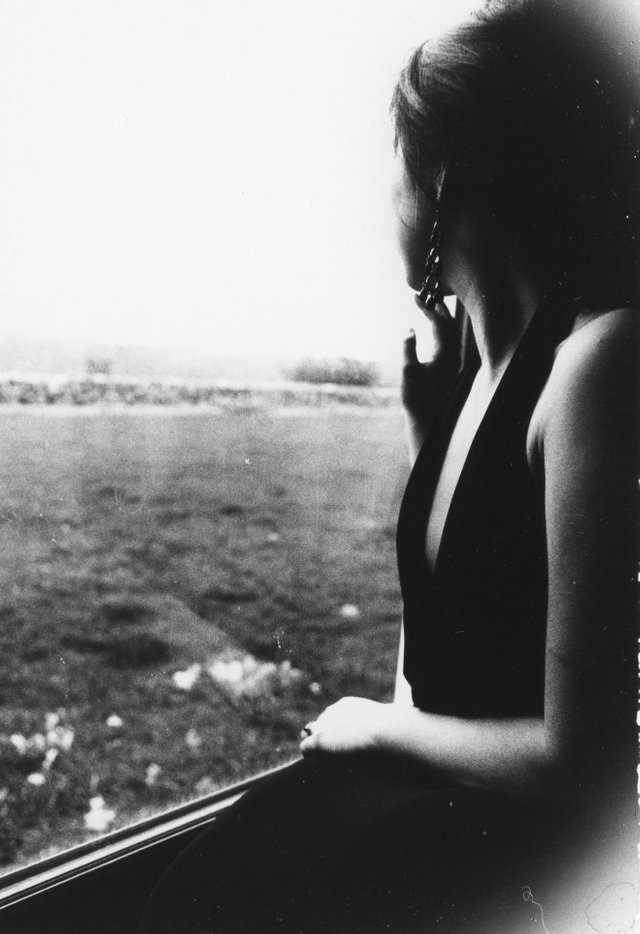
Disclaimer:
Film photography is my hobby and not my profession. I am by no means a professional and do not sell any of my work (though let me know if you think I should!). All photos were taken on a Nikon FM2 camera and developed by me then scanned digitally for use here. No photo has been digitally manipulated in any way and is as raw of an image as I can provide short of the physical film itself. My guiding philosophy in film photography is to present the photo in its raw form and learn from manual techniques that can produce desired effects via physical settings, filters and processing techniques.
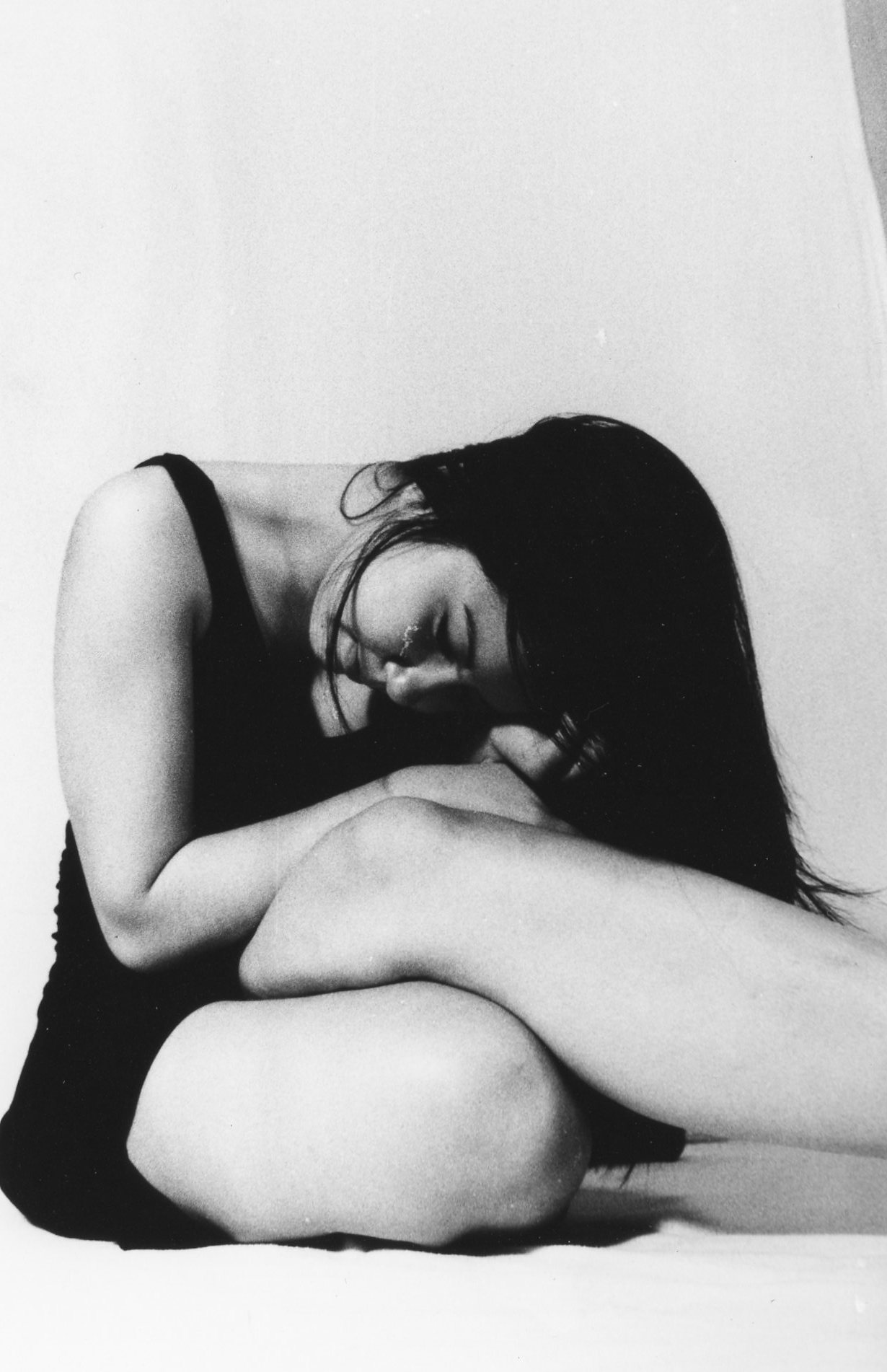
Part 3: Direction & Illusion
(Featuring photographs from my third roll of film: Portraits)

Ever look at a photo and had it play a trick on you? What about photos that appear to move? You probably never realized but there is a very scripted way in which you first view a photo. Certain aspects of a photo may draw you to start at the center and radiate outward while others may cause you to scan vertically or horizontally from edge to edge. Every photo is different and some people will see different things when they view the same photo. This is what makes a photo a piece of art—the ability for the creator to craft an image that speaks differently to each of its viewers. And what I love about the art of the black and white photo is the way the absence of color influences the image.
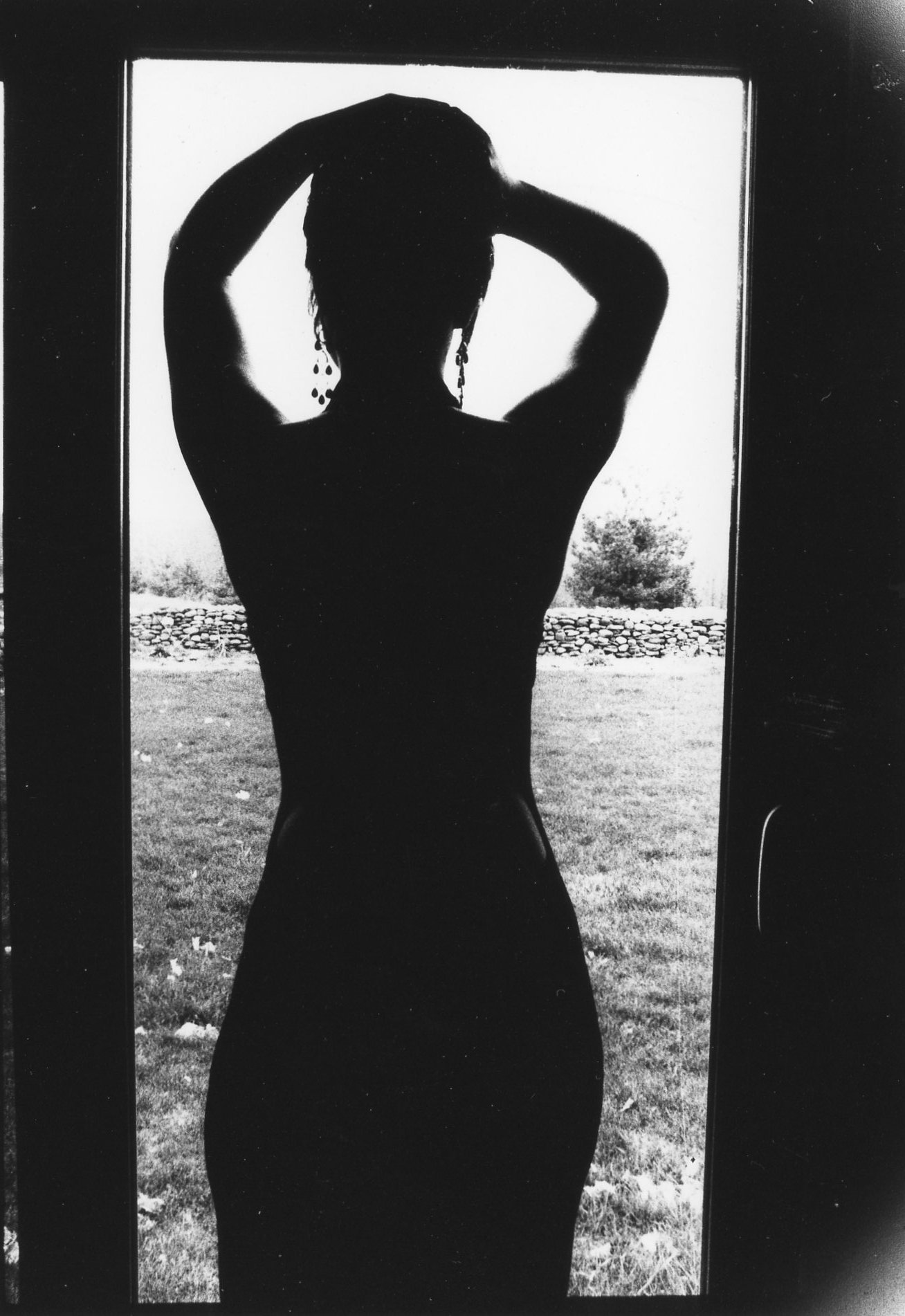
If you take a look back at Part 1 of my blog series and peruse the images of McKenzie Mountain you may notice that your eyes play tricks on you and add the color green to the trees. Good contrast as mentioned in Part 2 also has a part to play in how your brain is tricked into seeing color in photographs completely void of it. This is a unique aspect to black and white film that though it does not always occur, is truly fascinating when it does.
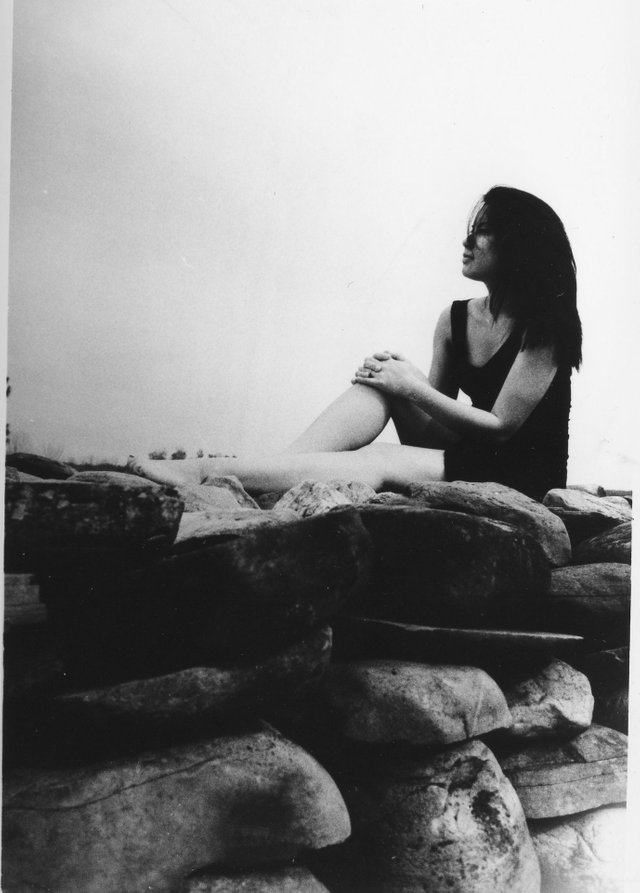
Another feature of black and white film that lends itself to excellent contrast is the illusion of 3D effects. While this is not something absent in digital or color photography, I find it increasingly common in a good black and white photo. Certain photos with depth and sharp contrast appear to pop out at you as though you could reach into the photo and touch the objects found within. Sadly, this is often lost in the digital uploading of a film photograph as nothing compares to holding the photo paper on which the image has been burned.
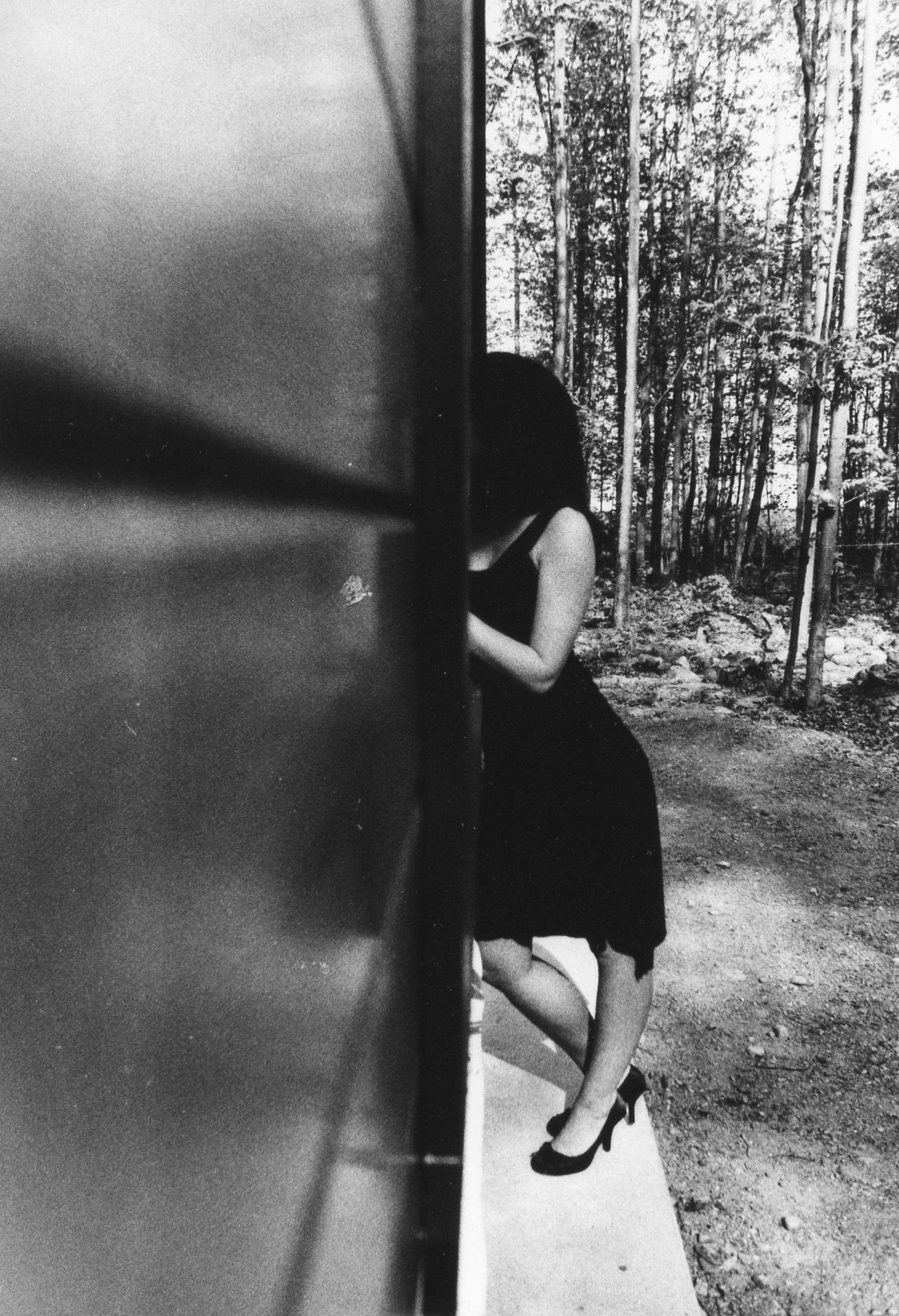
I also find that when viewing black and white photos, the viewer tends to notice different things compared to a full color photograph. In particular, credence is often given to texture and finer details such as shadows rather than the vibrant colors and patterns typically observed in color photos. In a color photo, the brightest or flashiest object may draw your eye in first where a black and white photo can draw you towards a texture or shadow. The artist photographer can use this information to tell a story or give a photo a certain feeling of movement.
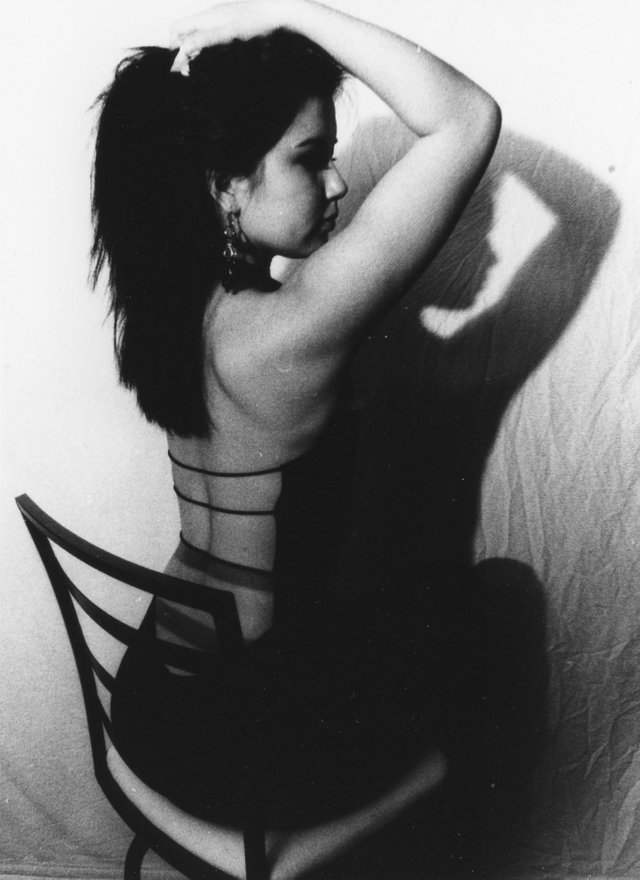
It is my belief that the ability to make a statement or paint a picture with black and white film is unique and challenging in a world obsessed with high definition and vibrant colors. To impress the viewer with black and white film is to go beyond what is bright and colorful and to delve into depth and contrast. A color photograph of the beach would be found beautiful by most; however, in black and white film the artist must go above and beyond to take a scene without color and give it beauty. This is where I believe it takes a special eye and an acquired skill to master black and white film and is another reason why I find it exhilarating.
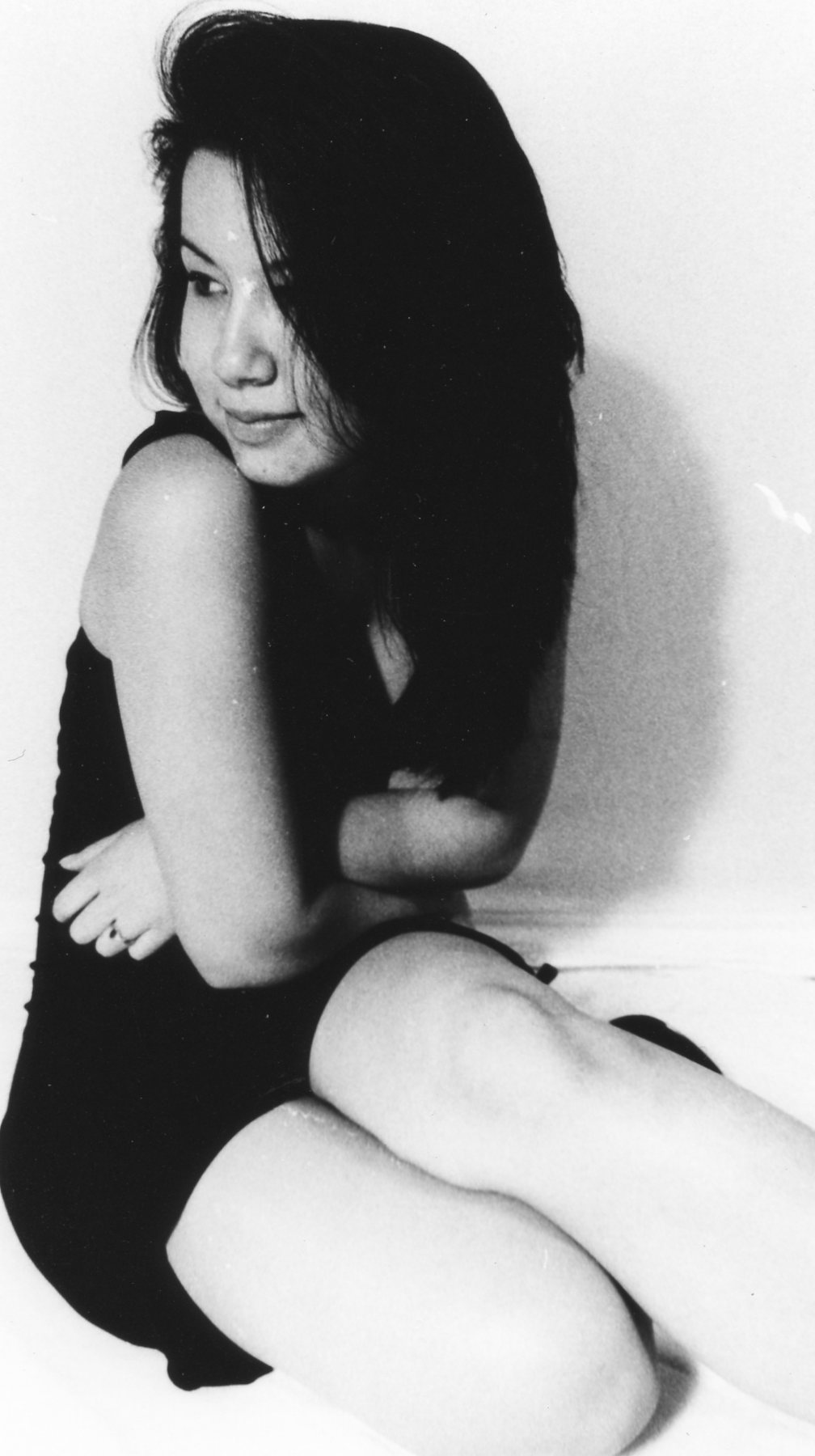
If you have enjoyed this blog series or have any questions about black and white film, please let me know.
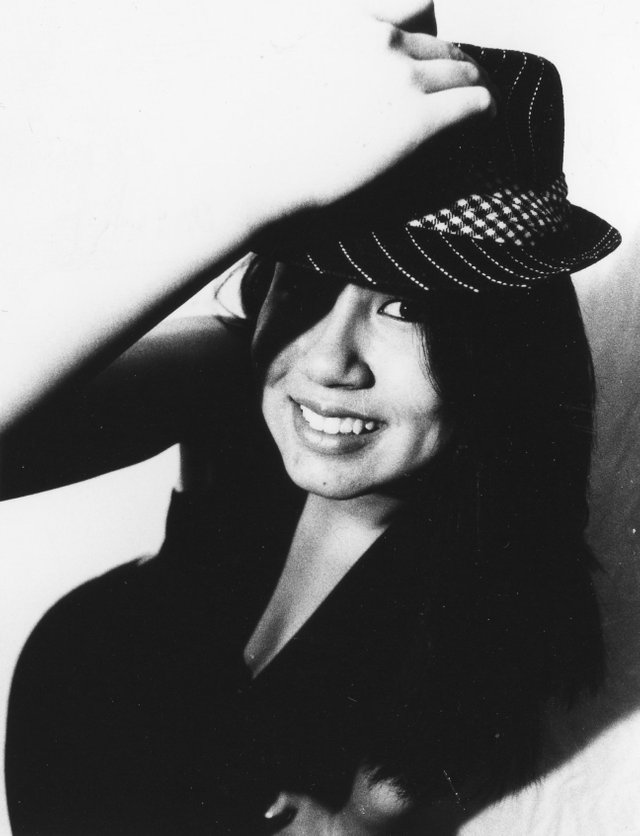
Best,
Christian
Amazing black and white photography.....thanks for sharing and welcome to steemit
Downvoting a post can decrease pending rewards and make it less visible. Common reasons:
Submit
Hi universalpro. Thanks for the comment, I appreciate it. I'm glad you enjoyed the photos!
Downvoting a post can decrease pending rewards and make it less visible. Common reasons:
Submit
I really enjoyed and appreciate the Photography
Downvoting a post can decrease pending rewards and make it less visible. Common reasons:
Submit